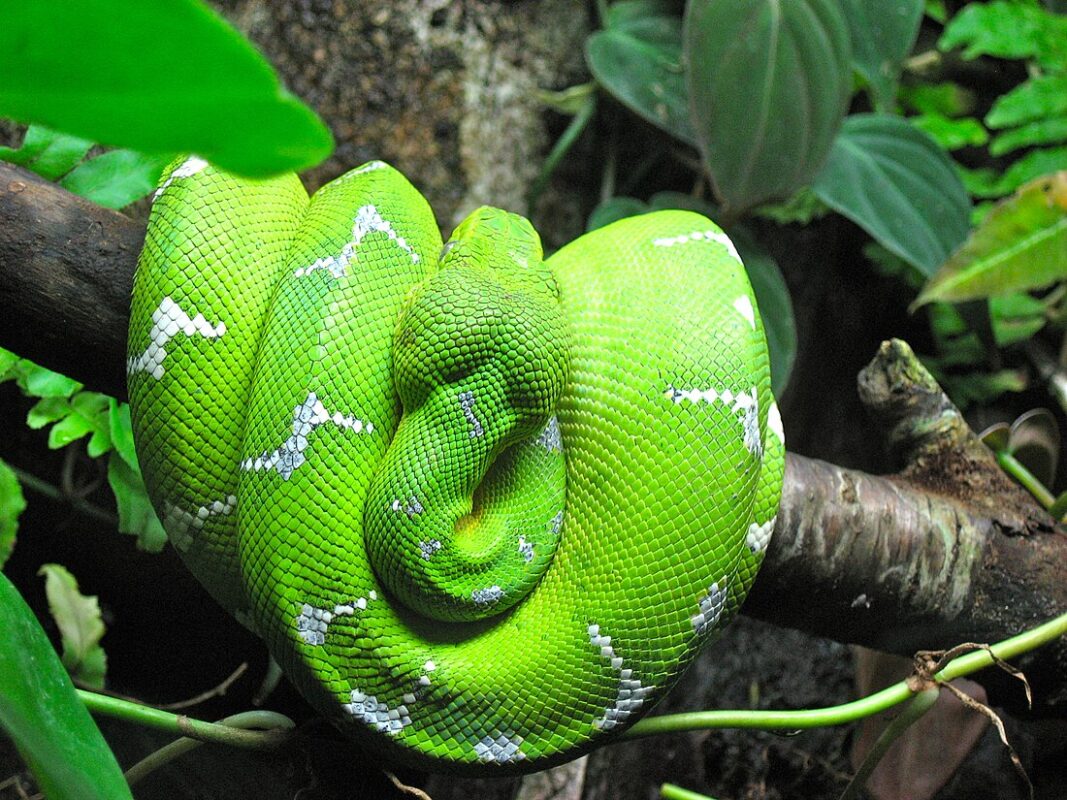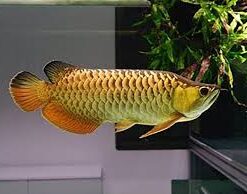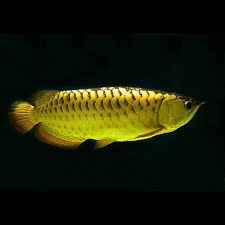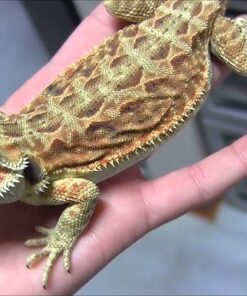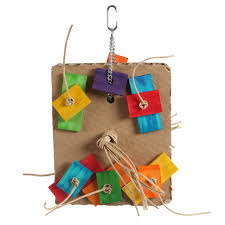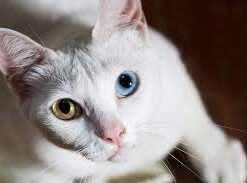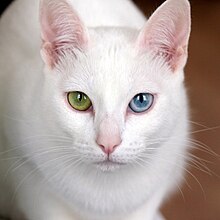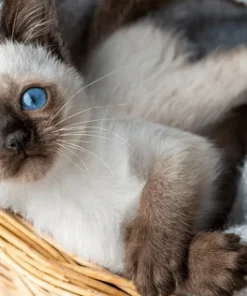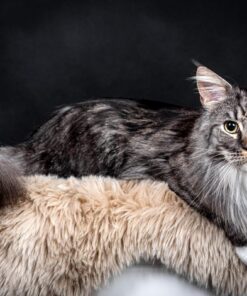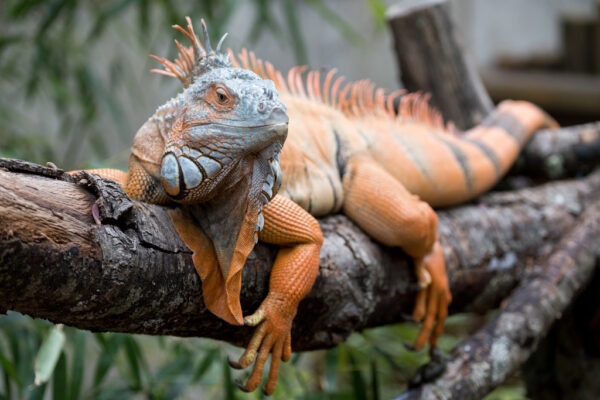Exotic pets for sale and reptiles have a special appeal, offering something unique that traditional pets might not provide. Whether it’s the mesmerizing movement of a snake, the vibrant colors of a chameleon, or the quirky behavior of a sugar glider, these creatures add a touch of the wild to our homes. For those interested in something beyond the usual cats and dogs, reptiles and other exotic pets present an exciting alternative.
The beauty of owning reptiles or other exotic pets lies in their diversity. Reptiles, for instance, have been around for millions of years, and their ability to adapt to various environments is truly remarkable. From the bearded dragon basking in the sun to the quiet stillness of a ball python, each species has its own charm. And it’s not just reptiles; the world of exotic pets includes amphibians, invertebrates, and even some small mammals that bring something different to pet ownership.
However, deciding to buy reptiles or exotic pets is not something to take lightly. These animals have specific needs that must be met to keep them healthy and thriving. If you’re considering adding one of these unique pets to your family, it’s crucial to do your homework. Understanding their dietary needs, habitat requirements, and any legal regulations in your area is key. Searching for “reptiles near me” or “exotic pets for sale” can help you find local options, but you should also be prepared to care for them properly.
In this guide, we’ll explore the fascinating world of reptiles and exotic pets available for sale in the USA. We’ll cover popular species, their care needs, and the legal aspects of owning these animals. Whether you’re a seasoned reptile owner or just curious about adding a new pet to your home, this guide will provide you with the information you need to make an informed choice.
We pride ourselves on offering a wide variety of animals that suit every lifestyle and level of experience. Whether you’re a seasoned reptile enthusiast or a first-time pet owner, we can help you find the perfect match. Here’s a look at some of the exciting animals we offer:
Are you fascinated by majestic big cats? We offer tiger cubs, lion cubs, and cheetah cubs, each one raised with the utmost care and attention to their health and socialization. These cubs are perfect for those who are ready to take on the responsibility of owning a large exotic cat. We offer both male and female cubs, and we can help you navigate the unique care they require.
Interested in owning a Bengal tiger cub or a white tiger cub? We’ve got those too! Keep in mind, owning one of these beautiful creatures comes with a lot of responsibility, so make sure you’re up for the task and check your local regulations.
If you’re more into reptiles, we have a huge selection of exotic snakes to choose from! From the gentle ball python to the impressive reticulated python, and even the powerful boa constrictor, we offer snakes that vary in size, temperament, and care requirements.
Each snake is bred from healthy stock and is ready to find a home with someone who understands their needs. Whether you’re looking for something smaller like a corn snake or more exotic like a king cobra, we have the right reptile for you.
For something a little slower-paced but equally captivating, we offer a great selection of tortoises. Tortoises are low-maintenance pets that can live for decades, making them a perfect long-term companion. Some of the tortoises we offer include the leopard tortoise, Aldabra tortoise, and Sulcata tortoise. Whether you’re looking for a full-grown tortoise or a baby to raise yourself, we have options for you.
Each tortoise comes with care instructions to ensure that your new shelled friend stays healthy and happy for many years to come.
If you’re looking for something a bit more interactive, check out our selection of monkeys. These intelligent animals can bring a lot of joy to your household, but they also require special attention and care. We offer both male and female Capuchin monkeys, spider monkeys, marmosets, and more.
Monkeys are social animals, so it’s important to know that they need time, space, and commitment. We’re here to help you with the resources and support you need to keep your monkey happy.
For those who want a chatty companion, we have a wide selection of colorful and intelligent parrots. Whether you’re looking for the graceful African Grey parrot known for its talking abilities or a more vibrant bird like a Macaw, we have a variety of species to choose from.
Parrots can live for many years and love attention, so be prepared for a long-term relationship with your feathered friend.
Looking for something a little fluffier? We also offer a variety of kittens and puppies from beloved and rare breeds. Whether you’re a fan of playful Bengal kittens or cuddly Ragamuffin kittens, we have options to suit your lifestyle. For dog lovers, we carry popular breeds like French Bulldogs, Golden Retrievers, and many more.
All of our kittens and puppies are raised in caring environments and come with health checks to ensure they’re ready for their new homes.
Our Services
At Exotic Reptiles, we aim to make your experience as smooth as possible. Here are some of the key services we offer:
We’ve spent nearly two decades sourcing healthy, ethically bred exotic pets. From the moment they arrive at our facility, they receive top-notch care to ensure they’re healthy and ready to thrive in their new homes. We offer male and female options across many species and deliver anywhere in the world.
Rehousing and Adoption
We understand that circumstances can change, and sometimes pet owners can no longer care for their animals. That’s why we offer rehousing and adoption services to help exotic pets find new, loving homes.




